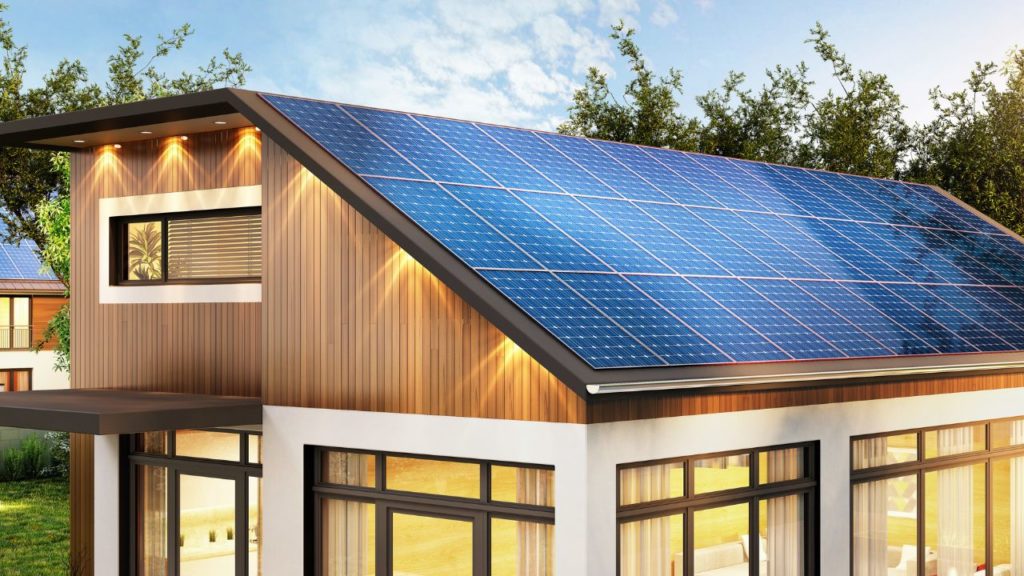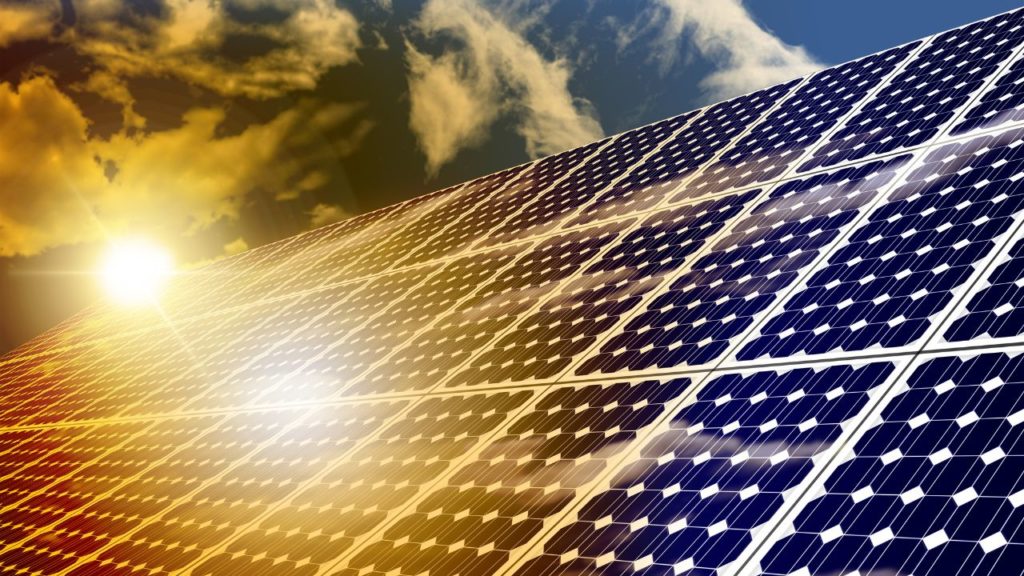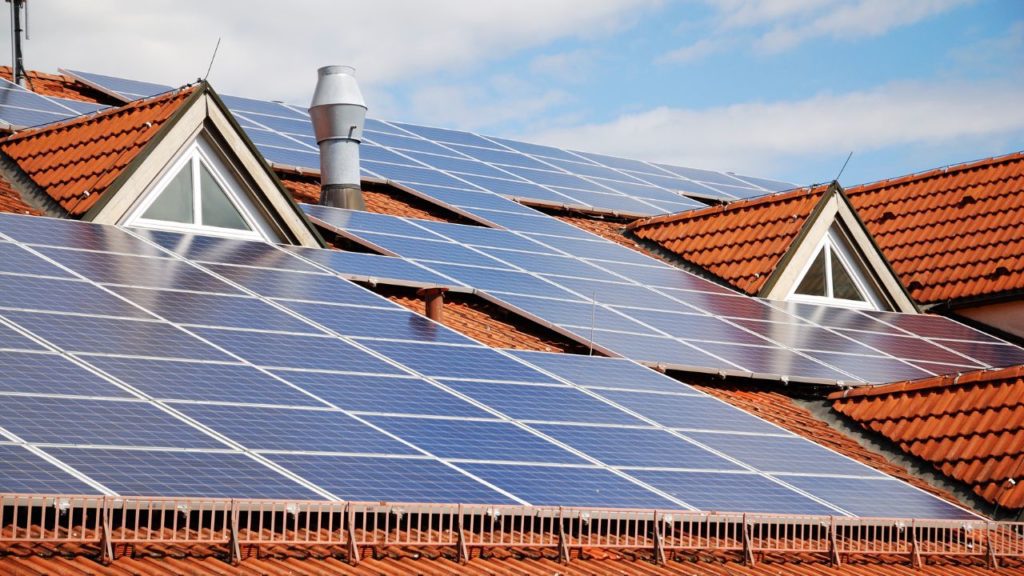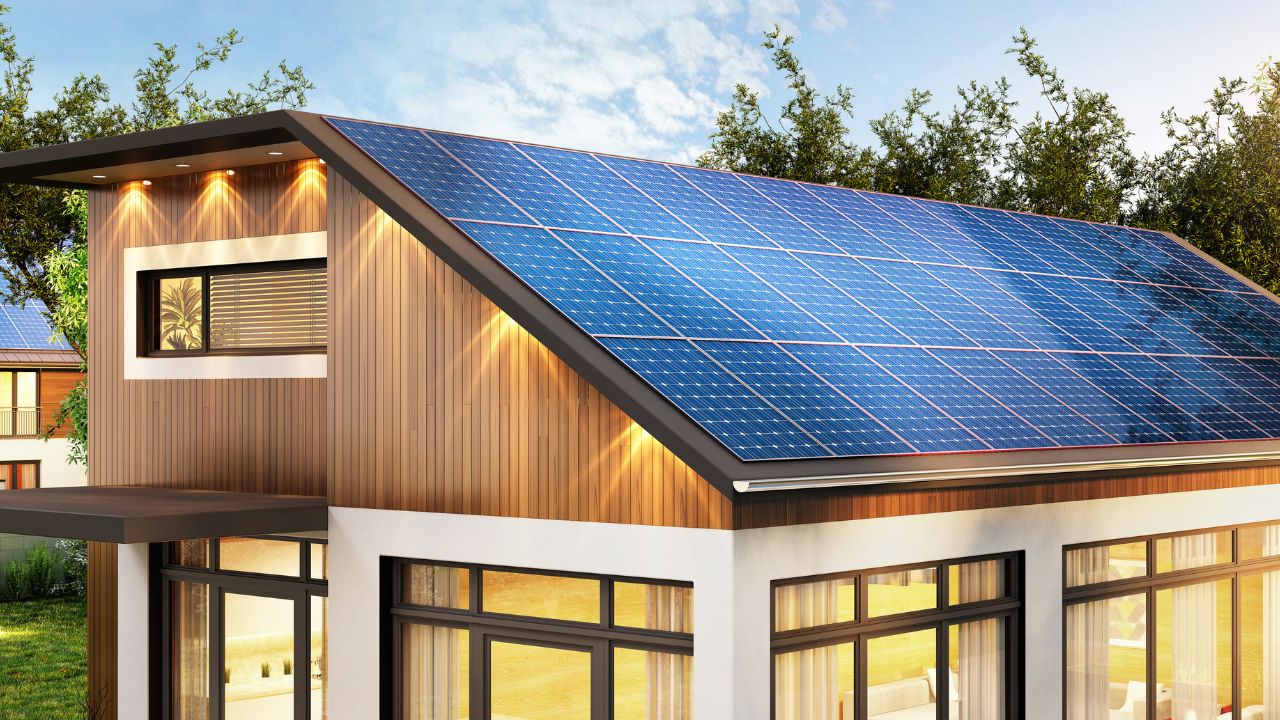As inflation and prices continue to rise, homeowners are constantly looking for more ways to cut costs. They want to be able to live comfortably while spending less on necessities. One line item that many owners look at is their energy bills.
Solar panels have been proven to save people money in the long run. They look great and don’t take up a ton of space. There are many different styles to choose from and panels that can fit just about every kind of budget.

Selling a home in California can take time. Even if you have a highly motivated buyer, the entire process might not be completed for several weeks or months. There are certain steps that must be taken in order, several of which necessitate the involvement of specialized industry professionals. You could even run into unwanted delays or other issues along the way. Patience, persistence, and a solid plan of action can help you achieve your goals. Here are a few things to know about whether or not solar panels could increase your home’s value.
California was the first state in the nation to require solar panels to be included in new home construction in 2020. The average solar premium is around 3 percent for the entire state. Of course, that percentage can vary depending on where you live.
There are certain advantages and disadvantages to having solar panels in your house. Some of the primary elements are as follows:
Solar panel advantages:
1. Greater energy independence. One of the main reasons that people choose to install solar panels on their roofs is that they have more freedom when it comes to determining their energy source. Sunlight is almost infinite, unlike coal, oil, or other commonly used resources. You won’t have to worry about changes in market conditions or demands for certain energy sources affecting your energy costs, either.
2. You’ll spend less money on your energy bills. Using solar panels for an extended period of time can also save you quite a bit of money. You may find that you’re saving several thousand dollars or more on your energy costs every month. You’ll also have a more predictable bill, according to your energy use, where you live, and the typical weather for that region. Any unused solar energy may also be resold, so you could wind up making money on your investment. They also add resale value to homes quickly.

3. Solar panels are long-lasting. It’s not uncommon for most solar panels to last ten to twenty years or longer. You won’t have to worry about repairs or maintenance in most cases. You may want to check them every few months or so just to make sure that they’re in good working condition.
4. Most solar panels are easy to clean. Dust and dirt may accumulate on solar panels. Fortunately, they’re very easy to clean. You can clean them yourself or install solar panels that are self-cleaning. In most cases, maintenance won’t be an issue.
5. There may even be tax benefits. Depending on where you live, you could qualify for certain local, state, or federal tax benefits. The federal tax benefit lets homeowners claim 26 percent of the installation costs for their solar panel systems. This will be a reduction in the amount of taxes that you’ll have to pay for the year. The percentage will drop to 22 percent for any new solar panel systems that are installed in 2023. The program could end in 2024 if the benefit isn’t extended by the federal government.
Solar panel disadvantages:
1. Solar panels depend on the weather. If you live in a city or region that doesn’t have very many sunny days, adding solar panels might not be beneficial. Solar power is less reliable during cold winter months and in rainy climates.
2. You may pay higher initial installation and setup costs. Installation and equipment costs could easily run into tens of thousands of dollars or more for most solar panel systems. Your system could also require a transformer if you have any direct current items that are running on alternate current energy sources. This can add to your setup and installation costs, and not all transformers are reliable or efficient, either.

3. They could narrow your choices for where you want to live. Solar power isn’t viable everywhere. If you want a place where solar panels provide the primary source of energy for your home, you may have to be a bit more selective in terms of where you live. Because this type of energy can also be in greater demand, it may lead to higher asking prices as a result.
4. Solar panels may be difficult to remove if necessary. Once a solar panel is installed, it usually isn’t going anywhere. They can be very cumbersome and challenging to move or replace, even if they are broken or cracked because of wind, hail or other reasons. They could even damage your roof if you try to remove them.
5. You can’t reuse the same solar panels on another building. Most experts don’t recommend removing them from a home and then re-using them at a different location. The process could cause more harm than good. It’s probably best to leave the existing panels as they are.
Conclusion
It’s up to you whether or not you want to add solar panels to your house. Weigh the pros and cons carefully before making a decision. Research different types of solar panel models and read reviews to get an accurate assessment of each one. You can also ask your realtor for advice and recommendations.
Solar panels can be a nice selling point. They could help your house stand out, especially if you’re competing with other similar properties in the same neighborhood. They’re a nice addition that gives homeowners a nice sense of security. They won’t be stunned by sky-high energy bills. They can relax, knowing that they’ll have a trusted source of energy all year round for as long as they own the home.
📞 Have Questions? Ask The Chris Eckert Real Estate Team
Give The Chris Eckert Real Estate Team a call today at 650.627.3799 to learn more about local areas, discuss selling a house, or tour available homes for sale.





